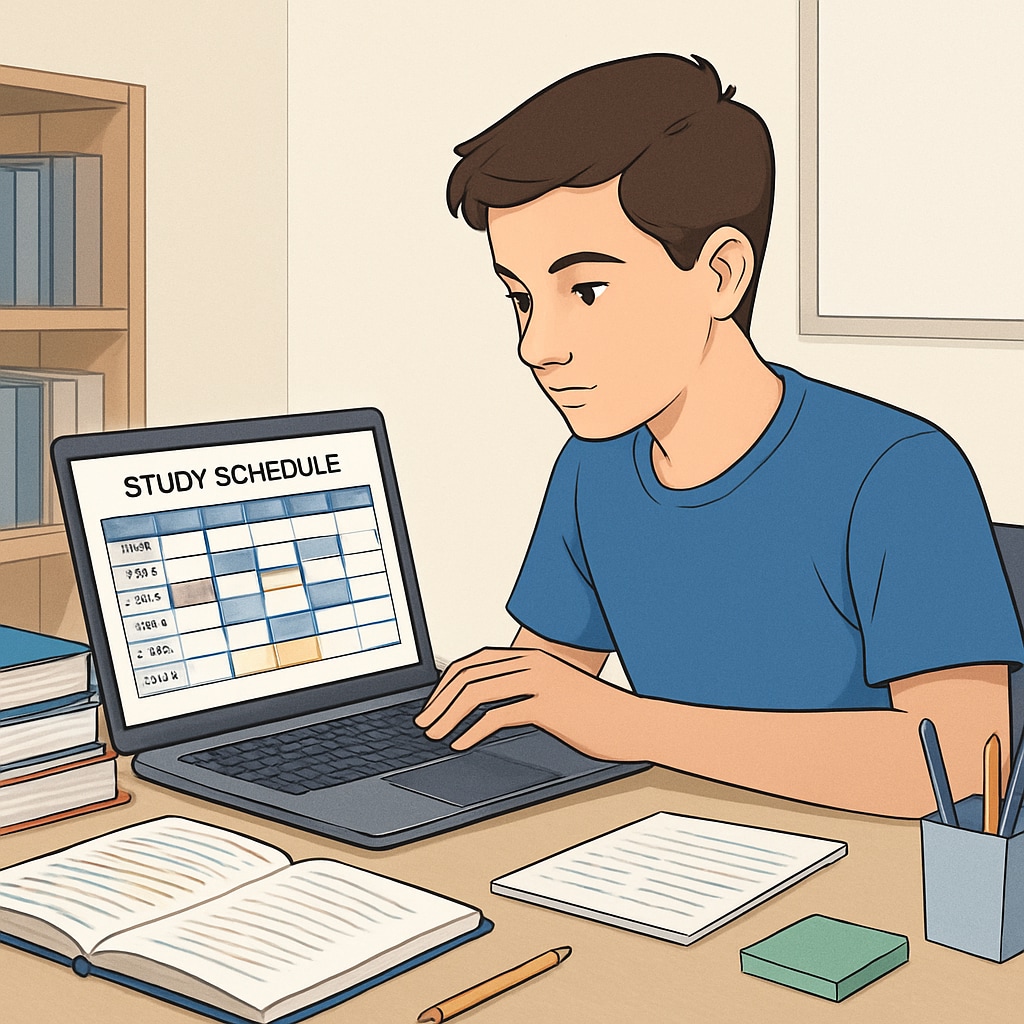Effective learning methods, memory techniques, and book recommendations are essential for students in K12 education seeking to maximize their potential. Whether you are preparing for tests, struggling with memorization, or simply aiming to become a better learner, the right resources can make all the difference. Here, we explore five transformative books that provide actionable strategies and insights to help teens develop robust study habits, enhance recall, and build a lifelong learning foundation.
1. “Make It Stick: The Science of Successful Learning”
This book by Peter C. Brown, Henry L. Roediger III, and Mark A. McDaniel is a must-read for anyone aiming to understand the science behind effective learning. Rather than relying on outdated methods like rote memorization, “Make It Stick” emphasizes techniques such as retrieval practice, spaced repetition, and interleaving. The authors provide scientific studies and practical examples to support their recommendations, making this book a powerful tool for students seeking smarter ways to study.

2. “How to Study Smart, Not Hard”
Written by Kevin Paul, this book is tailored specifically for teens and young adults looking to optimize their study routines. It introduces concepts like prioritizing tasks, managing time effectively, and setting realistic goals. What sets this book apart is its focus on building a mindset geared toward success, alongside its emphasis on practical strategies. Teens struggling with procrastination or inefficient study methods will find this resource invaluable.

3. “The Memory Book: The Classic Guide to Improving Your Memory”
Authored by Harry Lorayne and Jerry Lucas, “The Memory Book” dives deep into techniques for improving memory retention. From mnemonic devices to visualization techniques, this book provides tools to help students memorize information quickly and efficiently. The methods outlined are simple yet powerful, making it an ideal resource for students aiming to excel in subjects requiring extensive memorization, such as history or biology.
For example, the book introduces the concept of “memory peg systems,” enabling readers to associate new information with easily recallable mental images. These techniques are versatile and applicable to a wide range of learning scenarios.
4. “A Mind for Numbers: How to Excel at Math and Science”
Barbara Oakley’s book is perfect for teens struggling with STEM subjects. While the title suggests it focuses mainly on math and science, the techniques offered can be applied to any subject. Oakley explores how brain function and cognitive science can enhance learning, presenting techniques like chunking, deliberate practice, and managing mental blocks. Her conversational tone ensures that even complex topics are accessible to readers of all ages.
Learn more about chunking in psychology for deeper insights into how this technique works.
5. “Atomic Habits: An Easy & Proven Way to Build Good Habits & Break Bad Ones”
James Clear’s bestseller may not be specifically tailored for students, but its lessons on habit formation are highly relevant to learning. Teens often struggle with consistency when studying, and this book provides strategies to create lasting habits through small, incremental changes. Clear’s framework, based on the four laws of behavior change, is transformative for students striving to develop disciplined study routines.
The book also highlights the importance of identity-based habits, encouraging readers to think of themselves as successful learners, which can have profound psychological benefits.
Explore the concept of habits for a deeper understanding of their role in learning.
How These Books Shape Lifelong Learning
By combining scientific principles with actionable strategies, these books empower students to take control of their education. They emphasize not only the techniques for efficient learning but also the importance of developing a positive mindset and strong habits. From improving memory to mastering STEM subjects, these resources are invaluable for any student eager to reach their full potential.
Parents and educators can also benefit from these books by gaining insights into how to support their teens more effectively. Whether you’re aiming to improve academic performance or build a solid foundation for lifelong learning, these five books are excellent starting points.
Takeaway: Effective learning isn’t just about working harder—it’s about working smarter. With the guidance of these transformative books, students can unlock their full potential and embrace learning as a lifelong journey.


